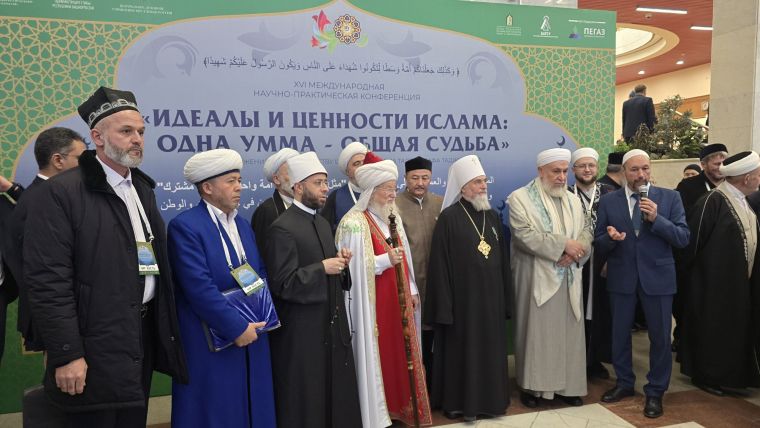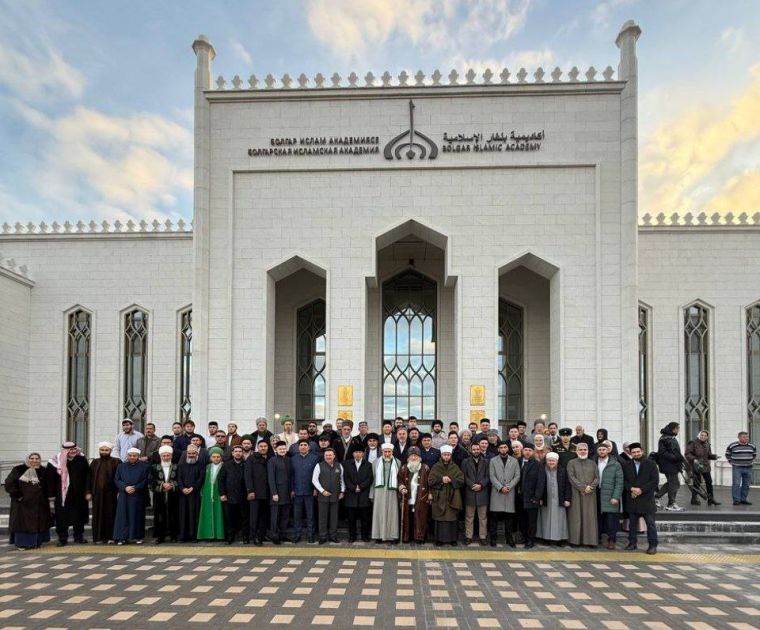Tashkent city


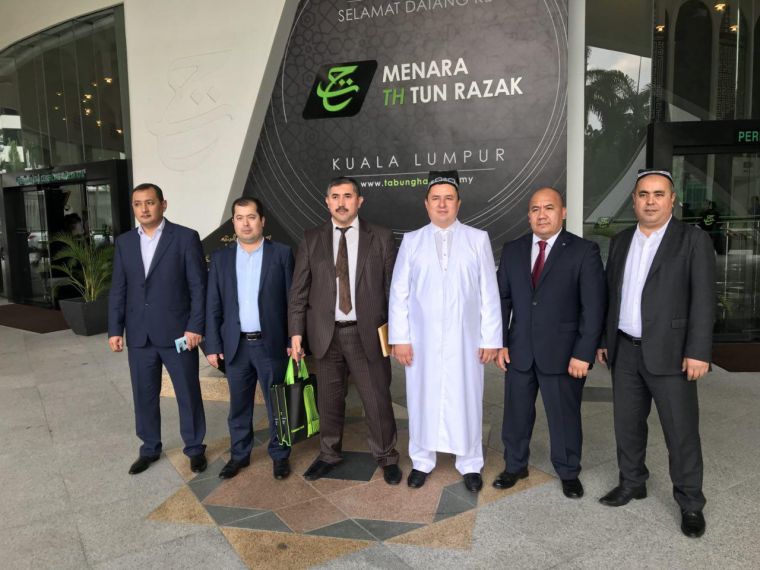
Uzbekistan is the place which the Creator loves a lot. There are countless scientists from this sacred land that people from all over the world want to see their resting places and the buildings they raised. Uzbekistan is considered to be one of the best countries for Ziyarat tourism.
Grand scale of works on promoting tourism is carried out by Committee on religious affairs under the Cabinet Ministers of Uzbekistan. For this reason the Delegation from Uzbekistan visited Malaysia. On December 13th they arrived in Kuala Lumpur international airport.
On December 14th the delegation met with the representatives from “Tabung Khaji” fund which specializes in haj issues. The delegation from our country presented gifts to Malaysian partners on behalf of Usmankhan Alimov, the Chairman of Muslim Board of Uzbekistan.
Earlier the delegation from Uzbekistan for the first time participated in “Travel Turkey Izmir-2017”. Besides, in order to create more opportunities for the ziyarat tourists Tashkent International Airport opened pray room.
Beginning from January 1st 2018 minimum 1/10 of every hotel is to have Koran, prayer mat and Kibla indicator.
On December 14th Uzbek delegation visited “MATTA” headquarters, touristic association with more than 3100 tourist agencies. The main responsibility of the association is to protect interests of touristic agencies. At the end of the meeting the delegation from Uzbekistan handed over the gifts of Usmankhon Alimov, the Chairman of Muslim Board of Uzbekistan.


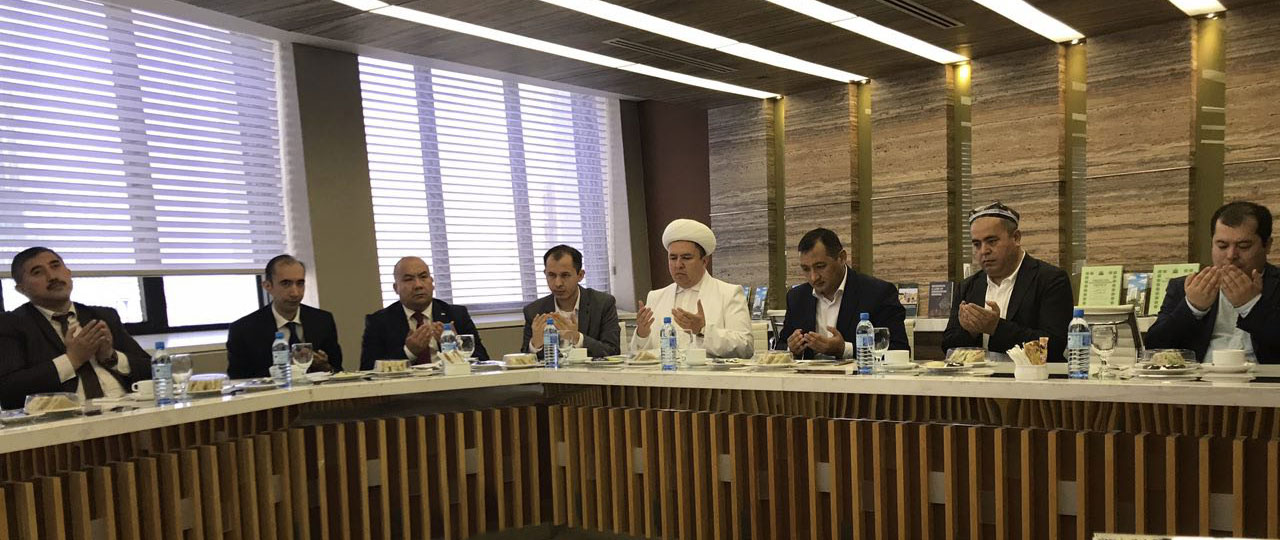
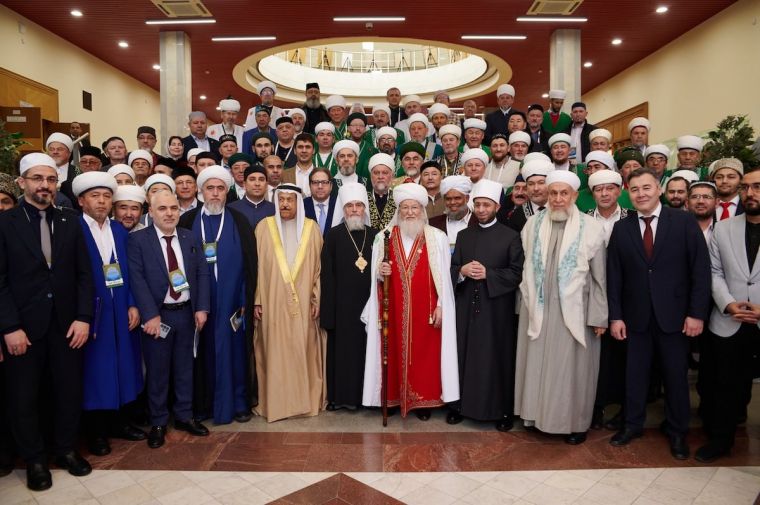
In the city of Ufa, the XVI International Scientific and Practical Conference titled “Islamic Ideals and Values: One Ummah – Shared Destiny” was held. The event was attended by a representative of the Muslim Board of Uzbekistan, Ibrohimjon domla Inomov.
Organized by the Central Spiritual Administration of Muslims of Russia, the Moscow Foundation for the Support of Islamic Culture, Science and Education, and the Council for State–Religion Relations under the Head of the Republic of Bashkortostan, the conference gathered more than 600 participants.
The aim of the conference was to strengthen spiritual and moral values, promote interfaith and interethnic harmony, and develop initiatives that enhance the constructive potential of the Muslim Ummah in Russia and across the Eurasian region.
At the event dedicated to the 45 years of service of Mufti Talgat Tadzhuddin in the cause of religion and the homeland, the representative of the Muslim Board of Uzbekistan, Ibrohimjon domla Inomov, delivered a speech. In his address, he conveyed the congratulations of the Chairman of the Muslim Board of Uzbekistan, Mufti Shaykh Nuriddin Kholiqnazar.
A traditional Uzbek chapan was presented to Mufti Talgat Tadzhuddin, Chairman of the Central Spiritual Administration of Muslims of Russia.
